Basic First Aid Instruction for Camping
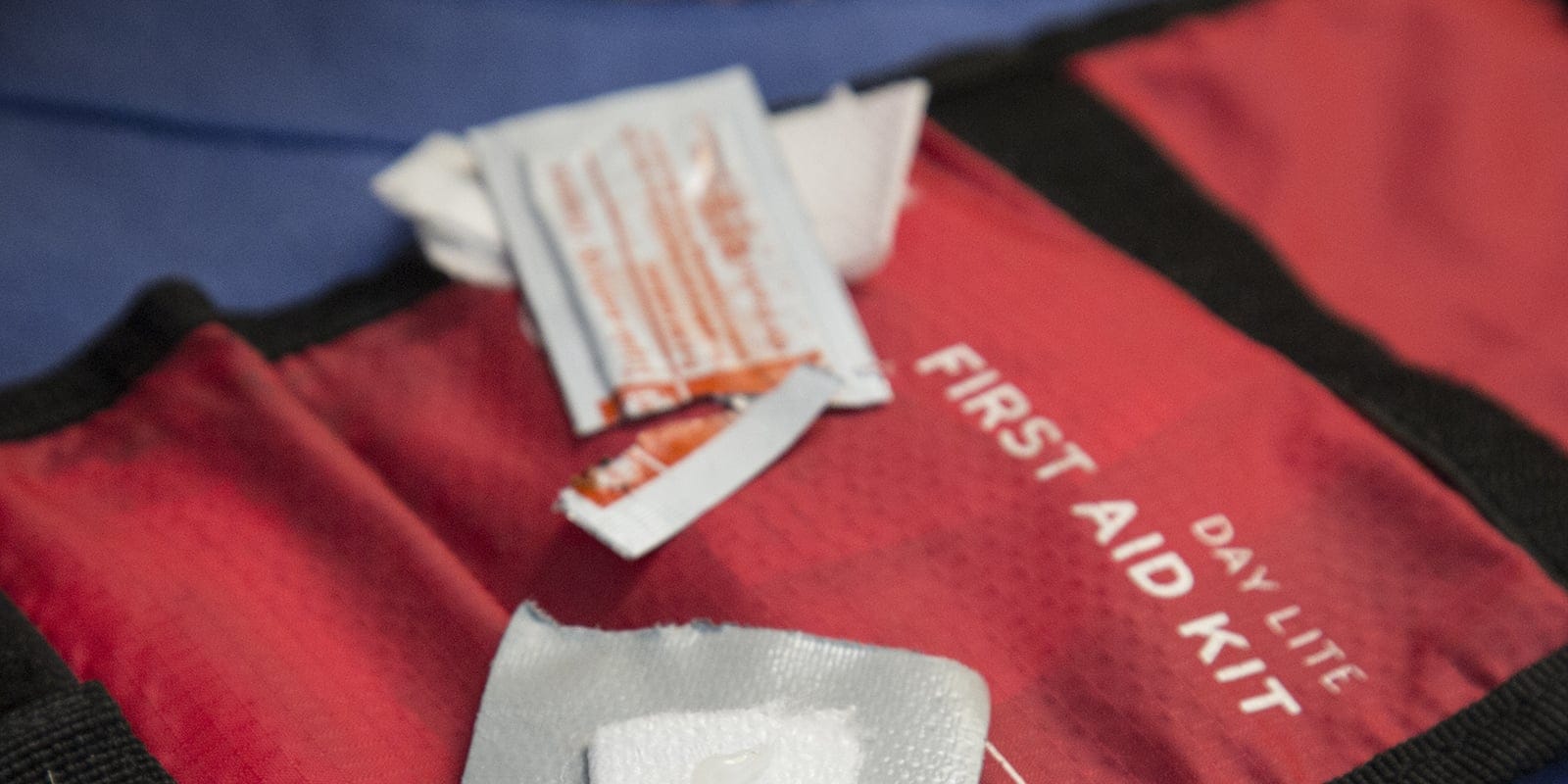 Most of the people like outdoor camping. It gives us great joy and we can earn many experiences. But a camp lovers get at least one experience that has ended in someone getting hurt. We all like to go camping in a positive mind, but it does not difficult to be aware of and prepared for treating injuries. So we should learn to build a basic camping first aid kits to prevent injuries.
Most of the people like outdoor camping. It gives us great joy and we can earn many experiences. But a camp lovers get at least one experience that has ended in someone getting hurt. We all like to go camping in a positive mind, but it does not difficult to be aware of and prepared for treating injuries. So we should learn to build a basic camping first aid kits to prevent injuries.
Learn The Basics

It is always better to be prepared for any kind of situation. if you have the best first aid kit but do not know how to use them, you may end up doing more harm. So knowing the right tools about first aid is your very first job to do.
The Right Tools
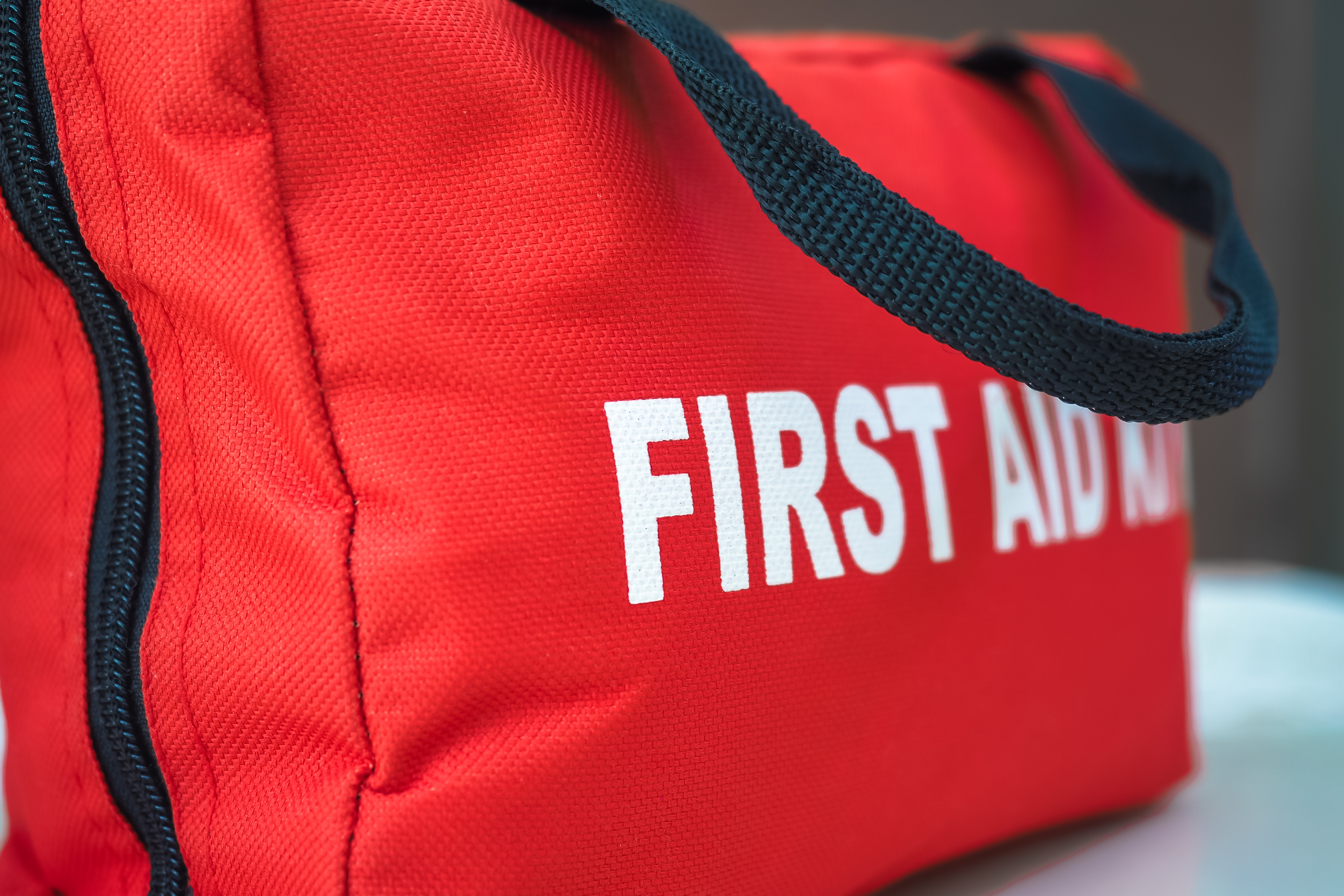
Your first aid kit will change depending on the camping environment. If you hiking, you should make your first aid box as light as possible. But full of essential items. Always add some extra items in your box. Some items should be in every camping first aid kit.
Essential Camping First Aid Kit
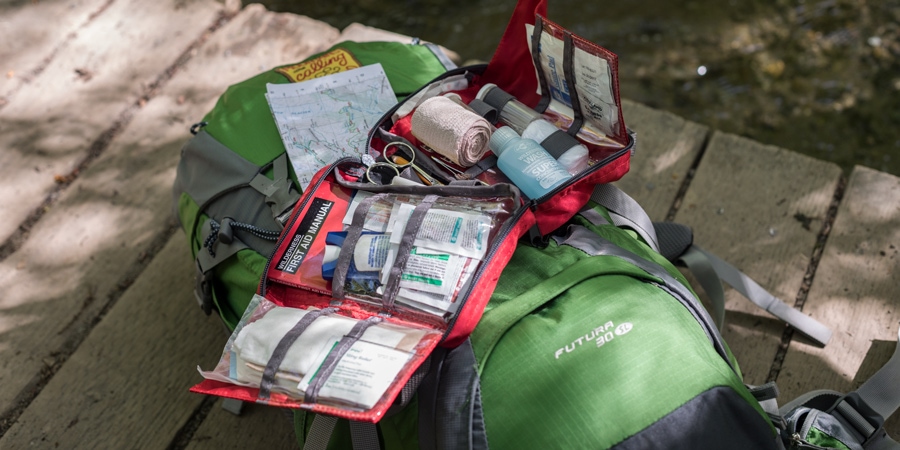
Cleaning and Disinfecting
You should treat your every little scratch and scrape in your camping time. Make sure you can avoid the risk of infection. You should carry some items for cleaning and disinfecting like
- Antiseptic wipes
- Antibacterial ointment
- Medical disinfectant
- Saline
- Spare clean water
- Eye drops and pads
- Hand sanitizer
Protecting, Wrapping and Covering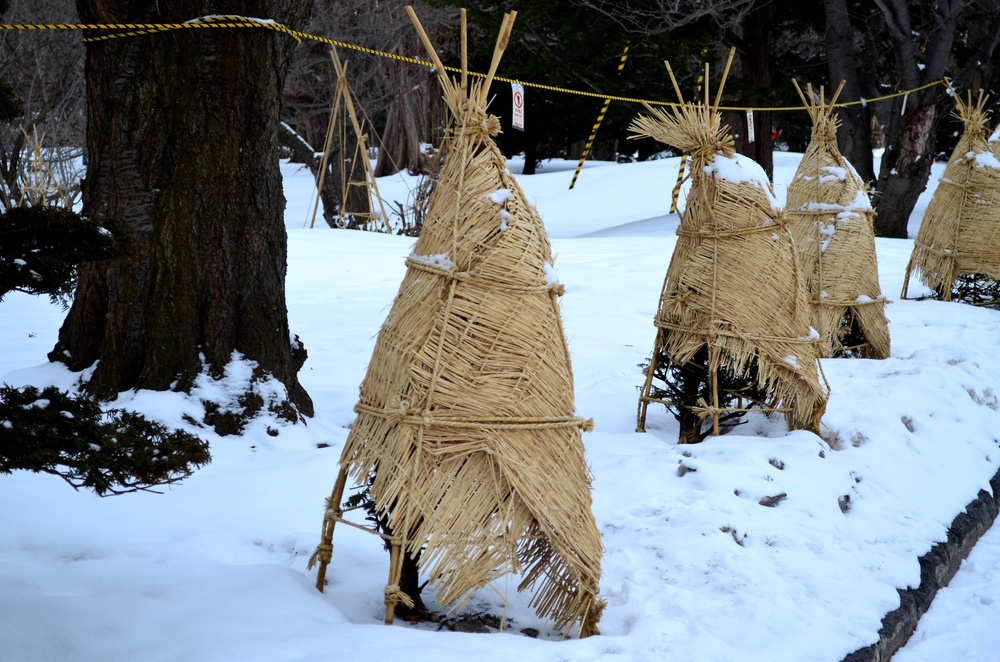
- Band-aids
- Gauze and sports tape
- Liquid bandage
- Gauze pads and bandage
- Adhesive tapes, safety pins, and clips
Pain killer and Medicating
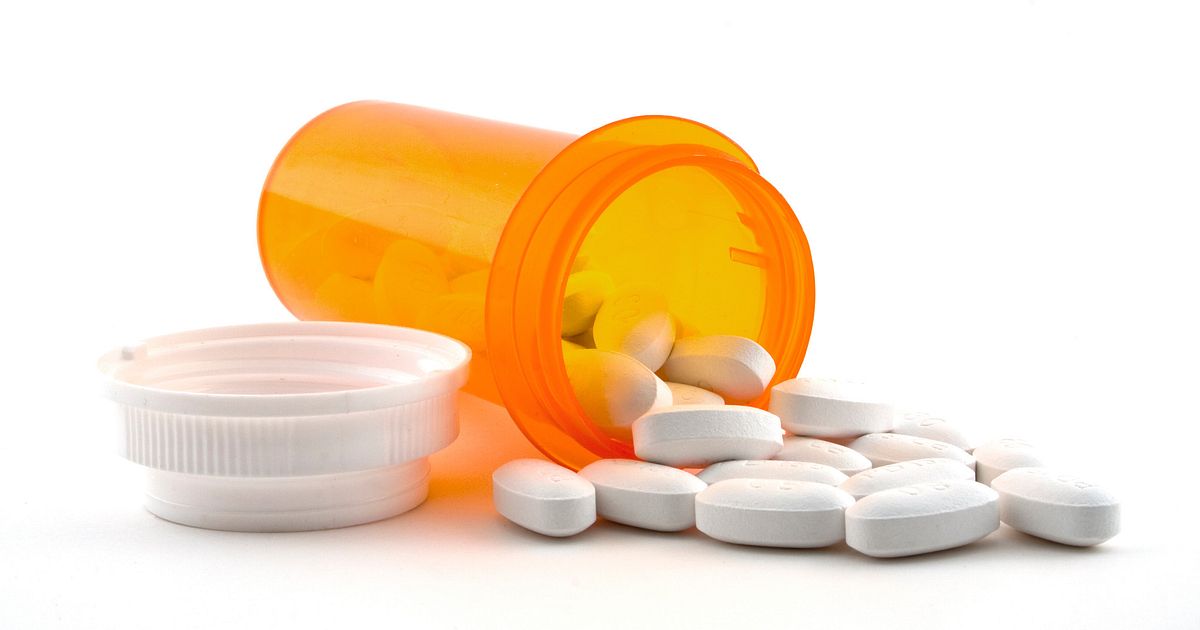
- Insect sting treatment
- Lotion
- Pain relief tablets
- Sunscreen
- Ice and heat packs
- Diarrhea and constipation medicine
- antifungal cream
Important Accessories
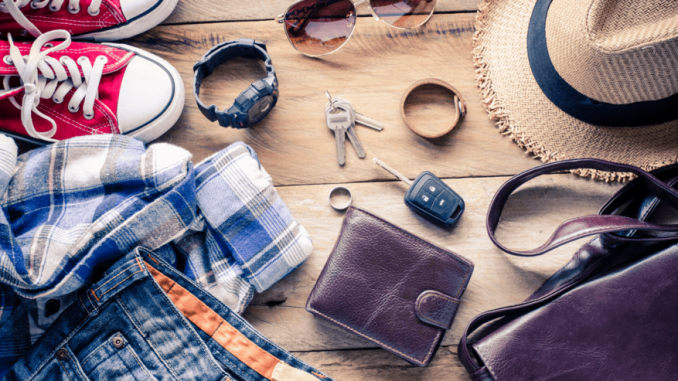
- scalpel, scissors, knife or razor blade for cutting instruments
- plastic gloves
- personal medicine
- tweezers
- basic cold and flu medicine
- sewing needle and thread
- waterproof match or lighter
- head torch or flashlight
- first aid training manuals
- notepad and pencil
For the first-timer, you should keep in mind some things too
Eat Safe Food

You need to be sure your food is safe before you eat it while you are camping. So always keep all food items sealed tight in plastic bags or containers. Cook foods to proper temperatures. Separate raw items from cooked items. Remember to wash your hands and sanitize always.
Careful About Bug Bites
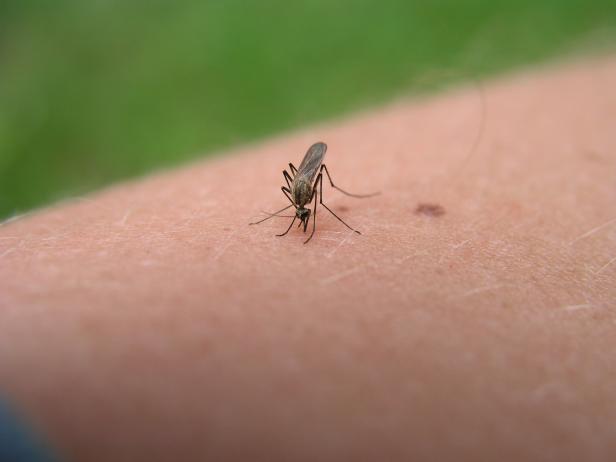
Camping sites will have lots of bugs. Before go for camping, research the area about what types of bugs and animals usually will be there. To prevent insect bites always wear light-colored clothing, long sleeves and pants to stop bugs from biting. And Use insect repellent according to the directions on the bottle.
Avoid Poisonous Plants

While your hiking, you may see many types of dangerous plants. If you come in contact with any of these plants, change your clothes and wash your body as soon as possible. So that it cannot spread to your other partners.
Always be careful about your camping adventure and stay safe.
Camping Safety Tips
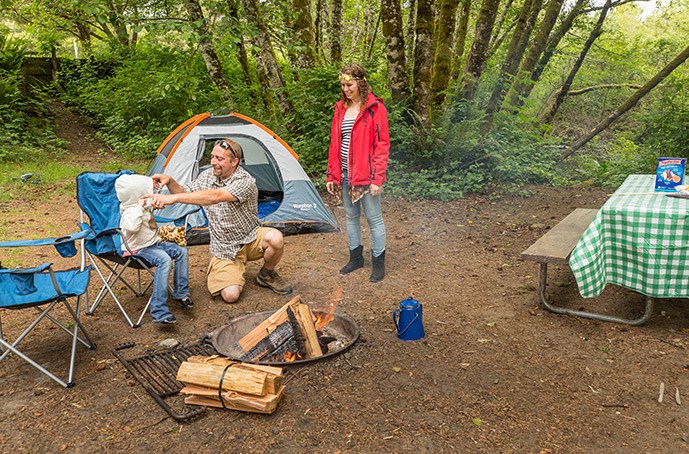 Camping is a fun way but there are many tips to ensure your safety. So if you want your next campaign trip fully fun and enjoyable then check out the following safety guidelines.
Camping is a fun way but there are many tips to ensure your safety. So if you want your next campaign trip fully fun and enjoyable then check out the following safety guidelines.
Select the Right Shelter and Site
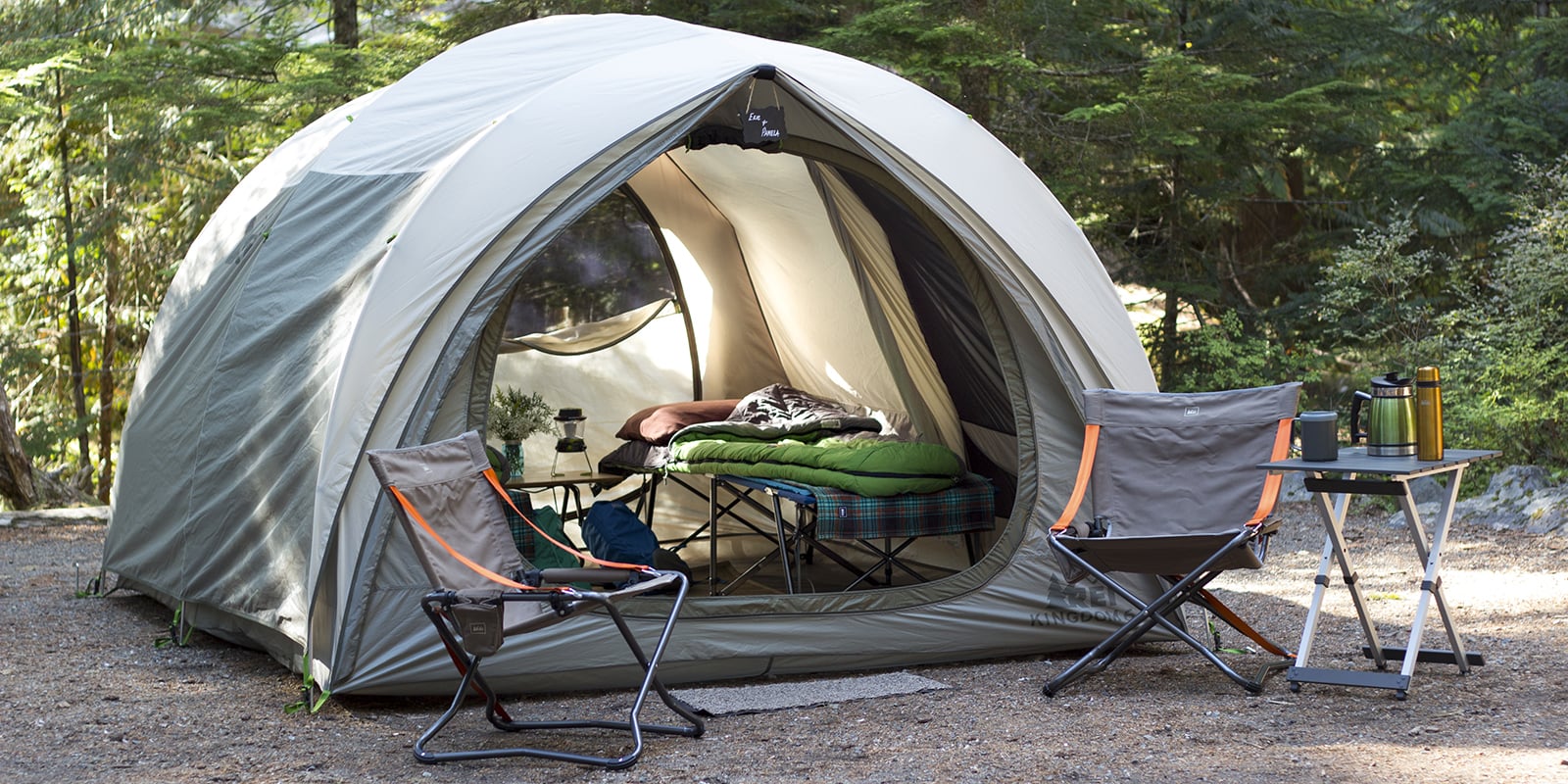
It is very important to select the right place or sites for your camping. if you’re staying in a tent select carefully what gear you’ll need based on your site choice. If you are camping in a cabin you can have full beds and bunk beds. But sleeping in a tent will require you to bring an air mattress, sleeping bag or other accommodations.
Get Vaccinated
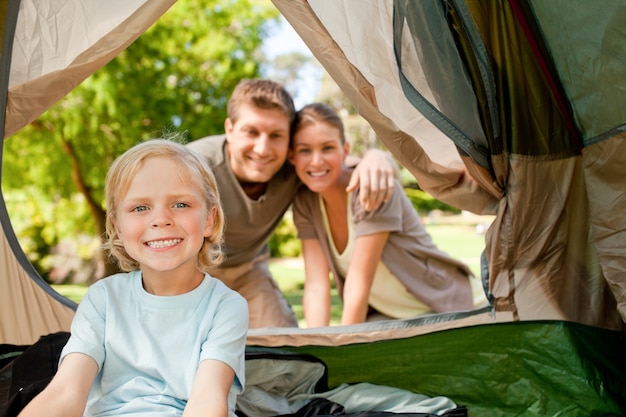
Before go for camping, check with your doctor or nurse to see if you’ve had all of the recommended vaccines. It can help protect against certain diseases and conditions on your trip.
Check Weather Report

Before go for camping Make sure to keep an eye on the weather forecast in your camping area. Pack your bag essential instruments based on rain, snow, and high heat and humidity.
Pack Safe Food and Water
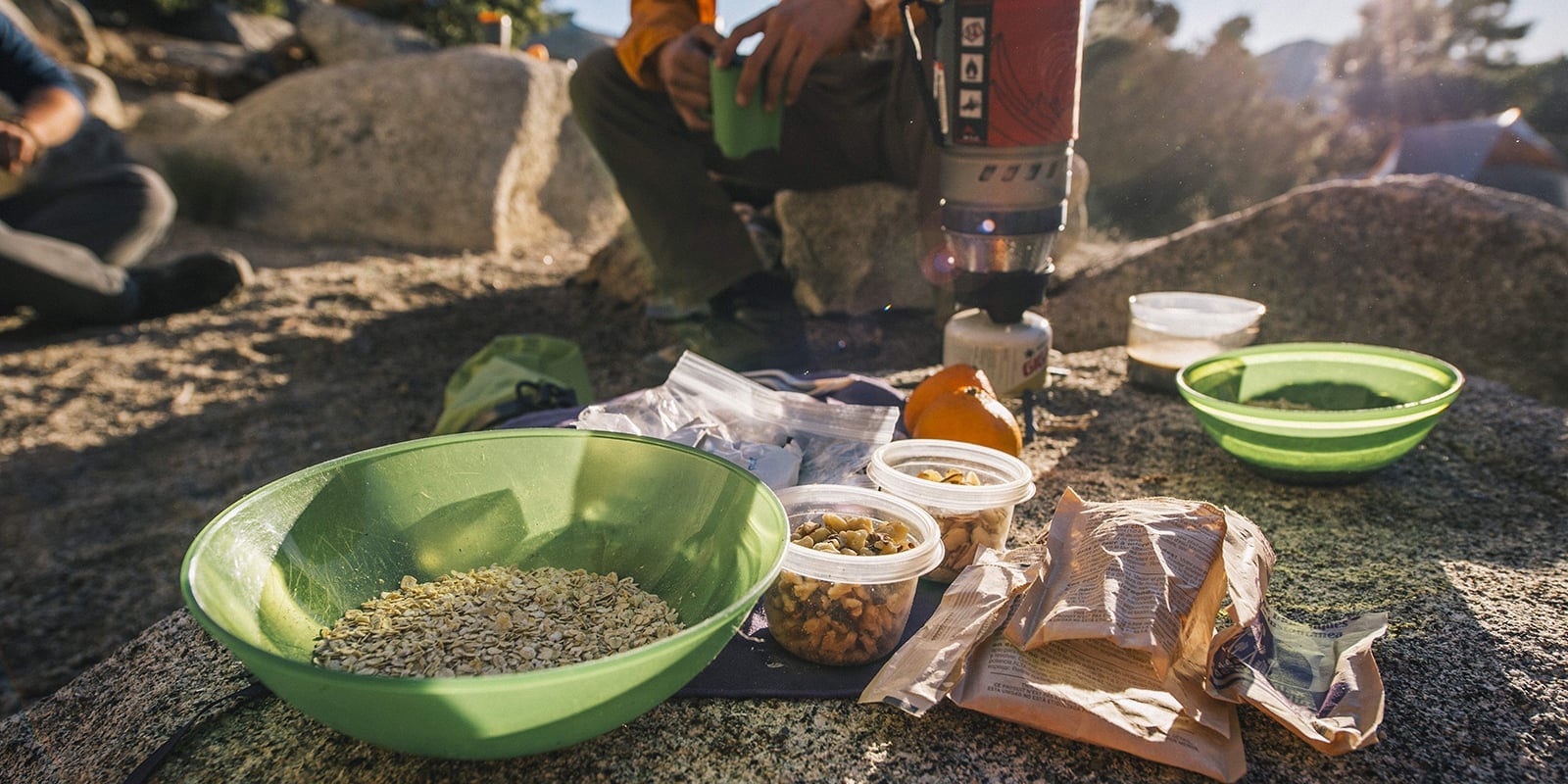
Bring safe and healthy foods along on your camping. Pack foods in tight, waterproof bags. Do not leave food out on picnic tables or anywhere. It may attract wildlife. So pack your extra food in a tight bag after finished your meal too. Wash hands and surfaces always. Separate raw foods from cooked foods and Cook foods to proper temperatures.
Protect Your Skin From the Sun

Don’t think UV rays are absent on cloudy days. It can reach you all year. Always Use sunscreen and lip screen with at least SPF 15. Wearing a hat and sunglasses can also help you from UV rays.
Save Yourself Against Carbon Monoxide Poisoning

Carbon monoxide is dangerous for humans and pets. So do not use fuel-burning equipment like a gas stove, heaters, lanterns inside your shelter. It can increase the carbon monoxide level. You should bring adequate bedding and clothing to prevent colds rather than using this harmful material.
Physical Activities

Walking, hiking, biking, or swimming is a great way to get physical activity while you are camping. Bring protective gear like helmets, sturdy shoes, and life jackets. Avoid injury during activities. Know your limits, also avoid poisonous plants. Never swim or hike alone.
Campfire Safety
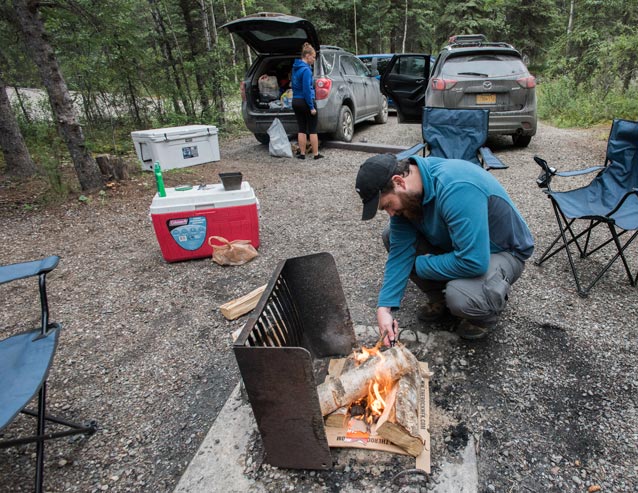
Your campsite should be at least 15 feet from tent walls, shrubs and trees. Keep your fire small and contained in an area like a fire pit. Never ever leave a fire unattended. Always keep a water bucket and put the fire out before leaving.
Fight the Insect Bite

To protect yourself from mosquitos, ticks and other insects, apply insect repellent containing DEET to exposed skin. It doesn’t dissolve easily in water. Follow directions on the package carefully. Daily Check for ticks, especially in unsuspecting areas of your body. And remove them promptly. Wear light-colored clothing, long-sleeved shirts, and long pants to avoid direct contact with insects.
Avoid Wild Animals

Some wild animals carry diseases that are dangerous to humans. Storing your food in a car, or food storage locker can attract unwanted wildlife. Enjoy watching them from a safe distance in their natural surroundings, Be sure to avoid touching and feeding animals. Always keep a close eye on your family pets. If you touch any animal unintentionally, wash your hands with soap and water or by using a hand sanitizer.
Be Prepared

Always be prepared for the unexpected. No one knows what will happen in the future. Before go for camping, ell family and friends your plans. Bring first aid kits, compass or GPS. Flashlight, blankets, right clothes. Plan what to do when toilets are not available. Before returning home, check for ticks, skin rashes or sunburn and other problems.
Common Camping Injuries and How to Avoid Them
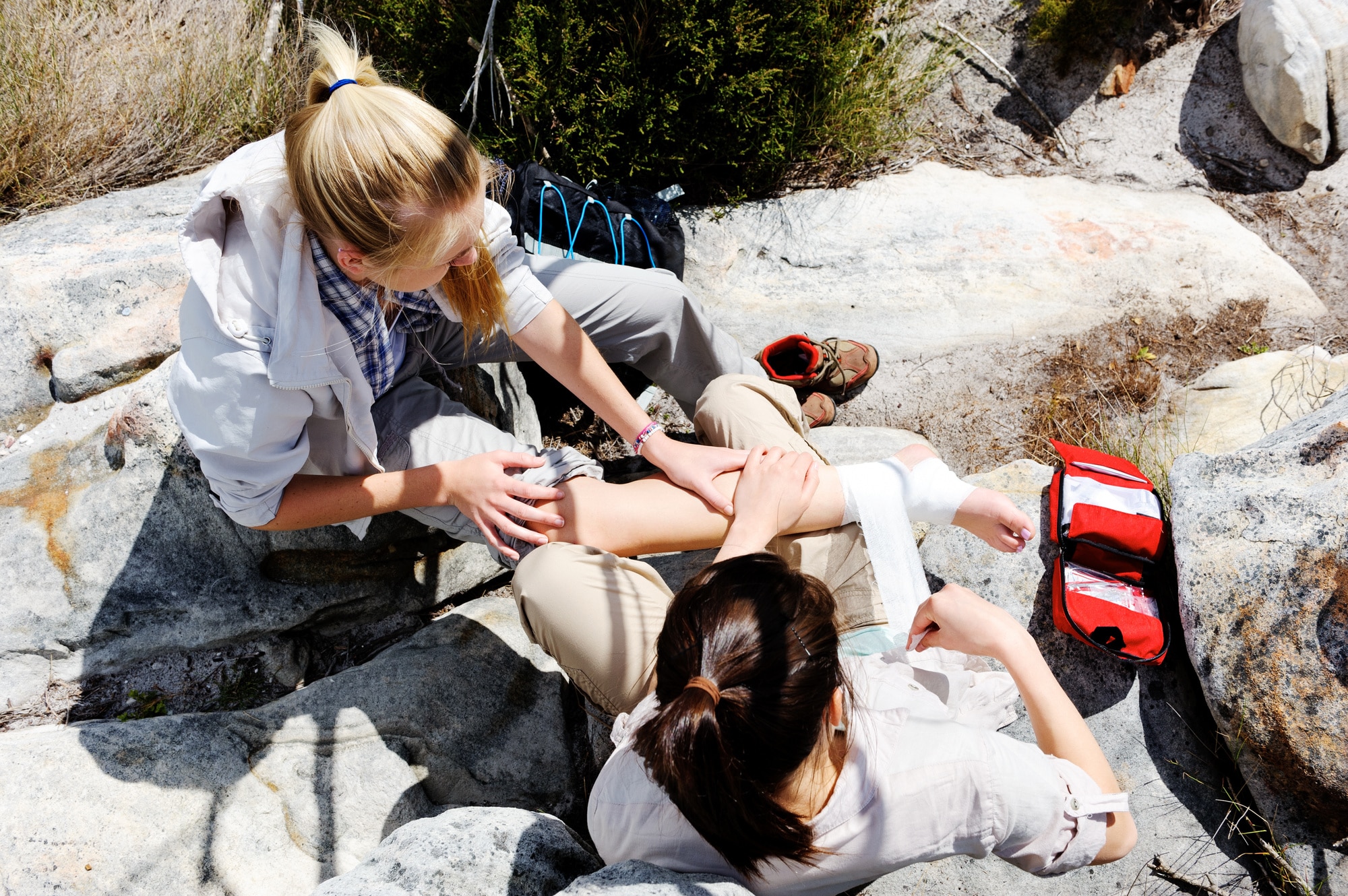 If you have a complete backpacking checklist, do not think that you are fully prepared. it’s also important to have the skills and knowledge to handle simple, common camping injuries. So that you can enjoy your whole trip perfectly. bring a cell phone or radio if you're planning on being very far from possible medical attention. In this article, you can learn the most common injuries in camping and tips to avoid them.
If you have a complete backpacking checklist, do not think that you are fully prepared. it’s also important to have the skills and knowledge to handle simple, common camping injuries. So that you can enjoy your whole trip perfectly. bring a cell phone or radio if you're planning on being very far from possible medical attention. In this article, you can learn the most common injuries in camping and tips to avoid them.
Common injuries

Infections and wounds
In camping, there may happen some shorts of hazards that lead to cuts, scrapes and puncture wounds because of sharp tools, rough surfaces, and jagged edges. So you have to learn how to treat a serious wound and prevent it from getting infected.
Weather-related injuries

There might happen some injuries which are weather-related. Such as sunburn, frostbite, heatstroke, etc.
Burns
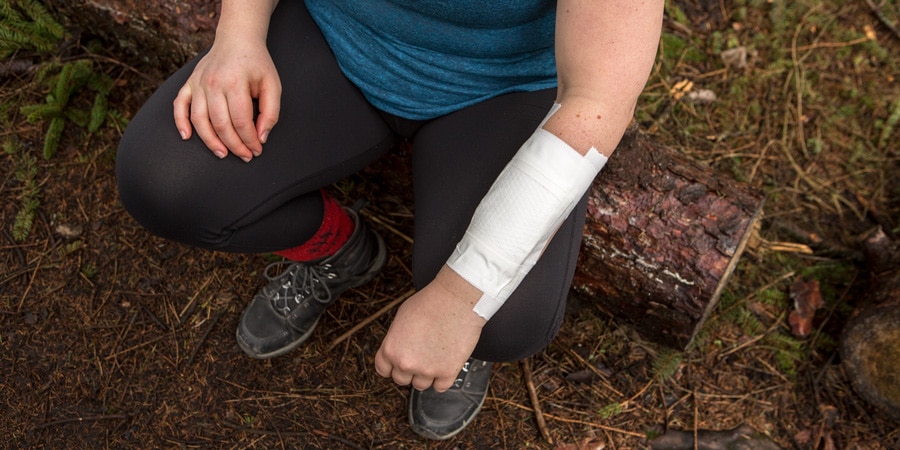
In camping, you have to do lots of work with fire. Like, boiling water and hot pots, cooking or lighting. Chopping wood, loose nails, sharp rocks can cause some painful lesions too.
Plant induced

Do not think that poison ivy is not an injury. It can cause many harmful effects if your camp is near poison ivy. The smoke of those leaves can harm your lungs. If it touches your body, you may get an itchy rash. It will be an unpleasant experience for you. But don't worry. There will be a lot of poisonous plants, but most of them are dangerous if you inhale it.
Water-related injuries

You may get stomach pain or other issues if you drink lakes, rivers or ponds water without making it pure.
Ankle and knee injuries
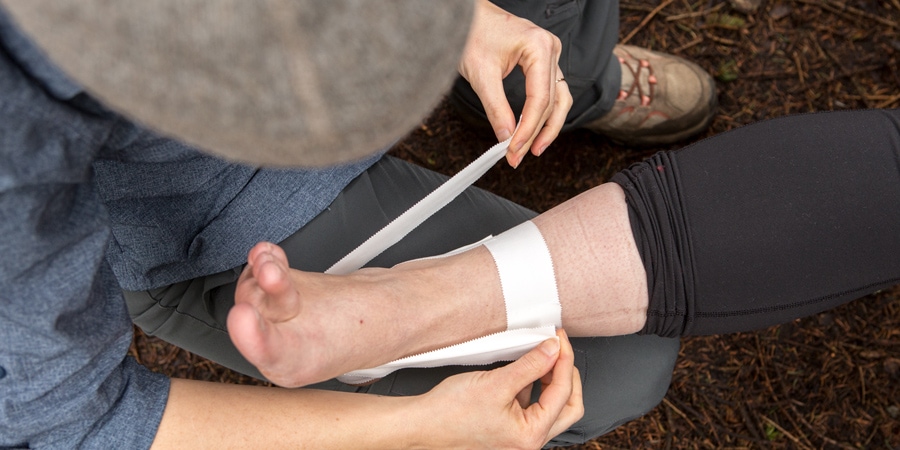
You can get knees and ankle injuries from a bad step on steep or uneven terrain. Which can give a serious impact on your hiking ability?
Animal or bug bites

Keep in mind that not every creature is your friend. You may face a lot of wildlife of bug bites on your trip.
Blisters

A blister may happen when thick skin, like palms or feet, is rubbed from warm or sweaty boots.
Dehydration
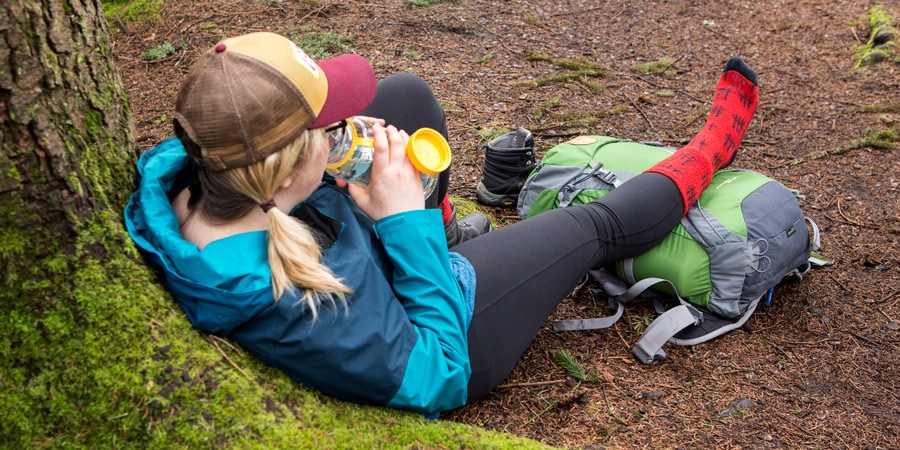
People often drink less water in hiking but it is very dangerous for them. It may cause dehydration. Dry lips and mild thrust, lead to fatigue sore joint, frustration, heatstroke in hiking can make your whole trip worst.
Shock
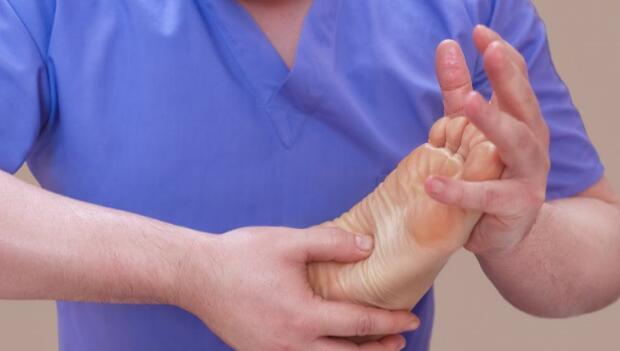
Your body may face a sudden drop in blood pressure. It is a common cause of trauma or bleeding in your hiking.
How to avoid injuries

If you follow some steps while hiking, you can avoid major injuries like
-
Control bleeding
Always put on gloves before touching someone's blood. Bleeding can be stopped if you give direct pressure onto the wound, or you can make a pressure bandage.
-
Prevent infection
If you want to prevent infection the first step will have to wash the wound at least half liter of clean water. Put out large pieces of dirt carefully with tweezers. Then cover it with antibiotic ointment and wrap it with clean gauze.
-
Prevent burning
The first step for treating any burn is soaking the affected area in cold, clean water immediately. Then cover the burning area with antibiotic ointment and clean gauze. It's also important to keep the patient warm and well hydrated.
-
Prevent knee and ankle injuries
First, you have to take rest for sometimes. Use an ice pack to reduce swelling. Inert the limb using medical tape and splint. To increase blood flow, keep it squatted.
-
Wildlife bites
Learn the common pests in the area you will be camping in. Bring insect repellent for mosquitos and ticks. Learn what to do for encounter If you see any bears, wolfs or other dangerous animals. Keep an emergency kit for snake and spider bites.
-
Skin condition
Wash out the rashes area with clean water. Keep an anti-itch cream with you. If you have an allergic reaction. Take prescribed medicine.
-
Prevent blister
To prevent blisters carefully and slowly drain it, then treat it like a major wound. Wash the blister area with water.
Always drink plenty of water when you are on a trip. Because if you are not peeing every 4-5 hours on the trail. You are dehydrated. If your camp partner got shocked, keep the person calm, loosen his tight clothing for air circulation. And keep them hydrated.
